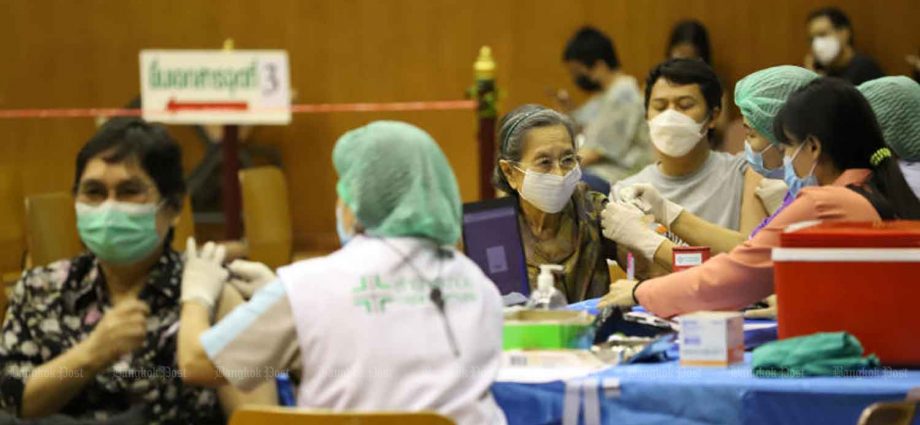
The Covid-19 pandemic will come to an end this year, according to virologist Dr Yong Poovorawan, head of the Centre of Excellence in Clinical Virology at Chulalongkorn University.
In a post on his Facebook page, Dr Yong said as about 80% of the Thai population have already caught Covid-19 and/or been fully vaccinated against the disease, the number of cases will begin to decrease.
Citing a study carried out by his team of researchers, he said fully vaccinated individuals who have caught Covid-19 are more immune to the disease, compared to fully vaccinated individuals who have never been sick with coronavirus.
Hybrid immunity, he said, is key to ending the pandemic.
In another post, he said while the spread of Covid-19 will begin to slow this month, the number of infections is set to increase again during the rainy season, which falls between June and September.
Covid-19 will become a seasonal disease that has a similar pattern to other common respiratory diseases like influenza, he said.
He said the virus will continue to evolve to ensure it can survive in the human body. However, these mutations, which ensure it won’t be killed off by the human immune system, will effectively render it much less harmful.
As a result, the fatality rate from Covid-19 is now about 0.1%, down from much higher previously.
He said all types of Covid-19 vaccines can increase people’s immunity against the disease, but only for a short period of time.
As such, there is no need to require only mRNA vaccines because records show that fatality rates in countries that only administrated these kind of vaccines are not significantly lower than in countries that provided a wider variety of vaccines.

